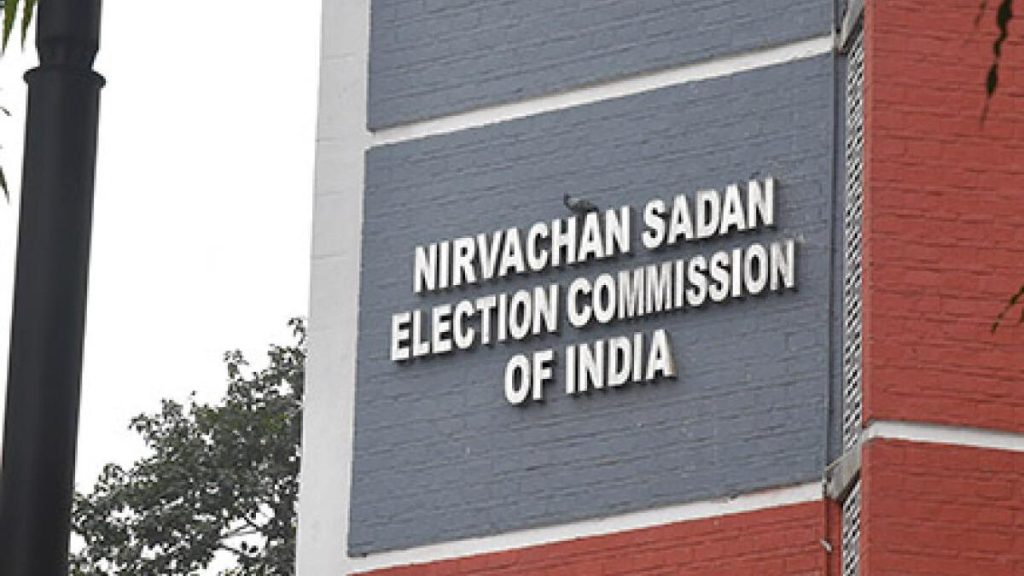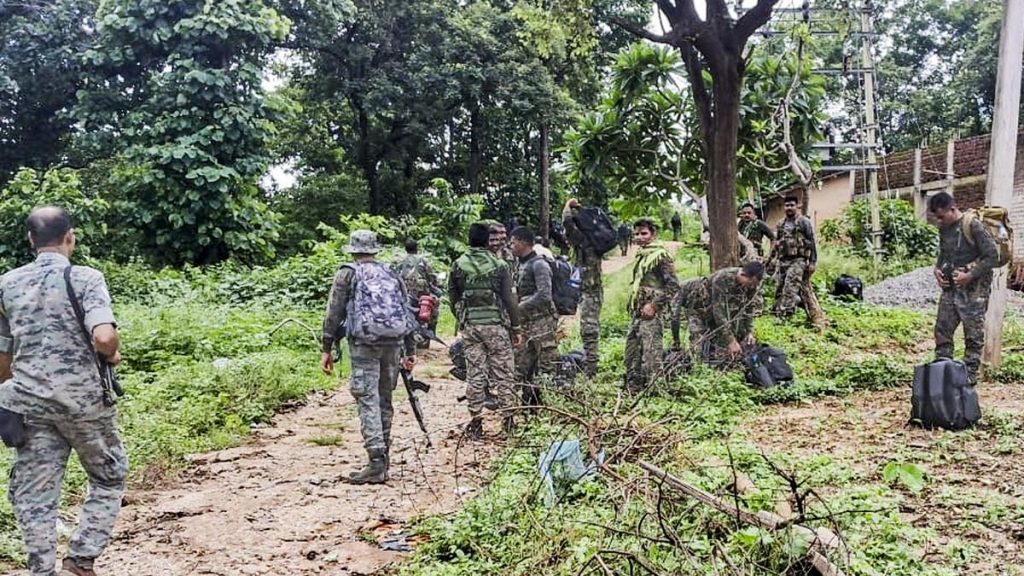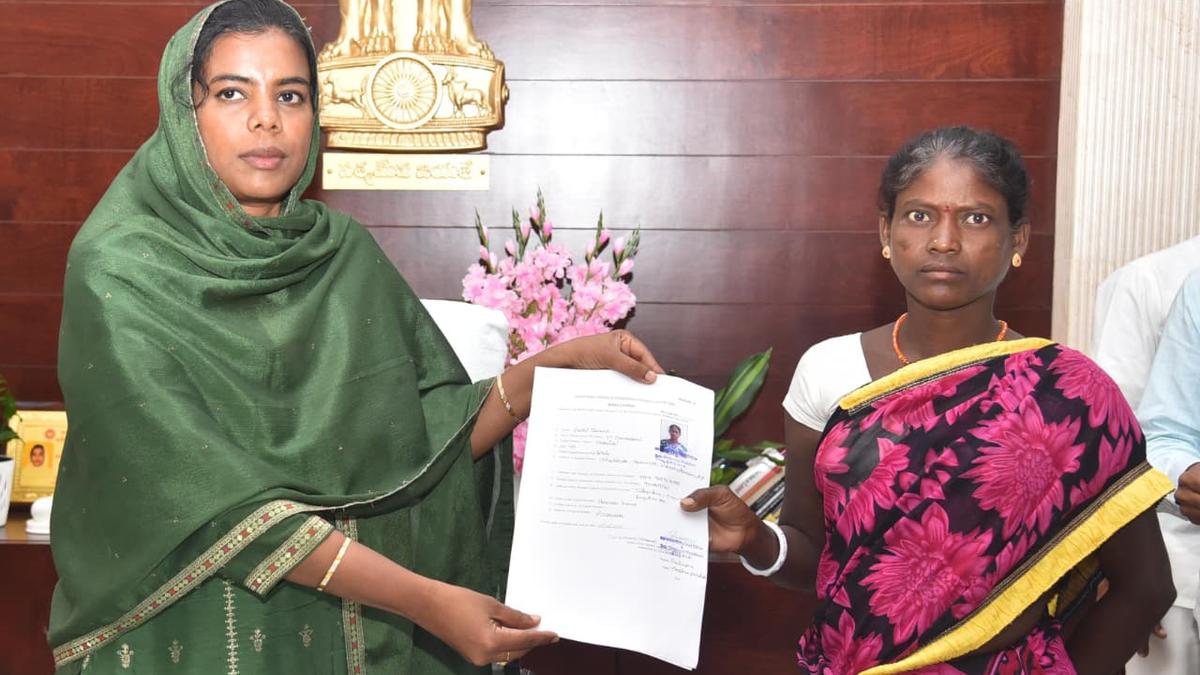Now Reading: Supreme Court Reserves Verdict on Telangana Medical Domicile Policy
-
01
Supreme Court Reserves Verdict on Telangana Medical Domicile Policy
Supreme Court Reserves Verdict on Telangana Medical Domicile Policy

Quick Summary
- The Supreme Court addressed the domicile policy of Telangana for medical admissions, which requires students to complete classes 9 to 12 in the State to qualify for State quota admissions.
- The High Court previously deemed this policy arbitrary, arguing it excluded students temporarily studying outside Telangana despite their parents being domiciled in the State.
- Chief Justice B.R. Gavai and Justice Vinod chandran questioned whether students leaving Telangana for educational purposes should be disqualified under this rule.
- Examples discussed include students attending preparatory courses or children of IAS officers studying outside but whose families are tied to Telangana permanently.
- Senior advocate A.M. Singhvi defended the policy, stating the State has authority over defining domicile requirements and questioned why privileged candidates studying abroad should benefit when poorer local students await opportunities under quotas.
- Final orders are reserved by the Bench after deliberating both anomalies and legislative competence.
Indian Opinion Analysis
The debate around Telangana’s domicile-based admission criteria highlights an crucial conflict between state control over resources and equitable access across diverse student backgrounds. While local quotas aim to benefit residents who have consistently engaged with state institutions, rigid rules may unfairly disadvantage deserving candidates who temporarily study elsewhere but retain strong ties-personal or economic-to their home state. Questions raised by justices Gavai and Chandran underline key inconsistencies within such policies.
Factors like temporary relocation due to parental occupation transfers or advanced coaching highlight potential pitfalls in narrowly defined regulations that risk excluding meritorious individuals unnecessarily. However, balancing resource limitations against inclusivity remains critical; attorney Singhvi’s argument about prioritizing economically disadvantaged groups reflects a valid concern.
The implications extend beyond education-it sets precedence on how states manage mobility versus rights within federal frameworks. Policymaking needs nuanced approaches that consider not just legalities but broader social realities affecting student aspirations across regions.
Read more: Source Link

























